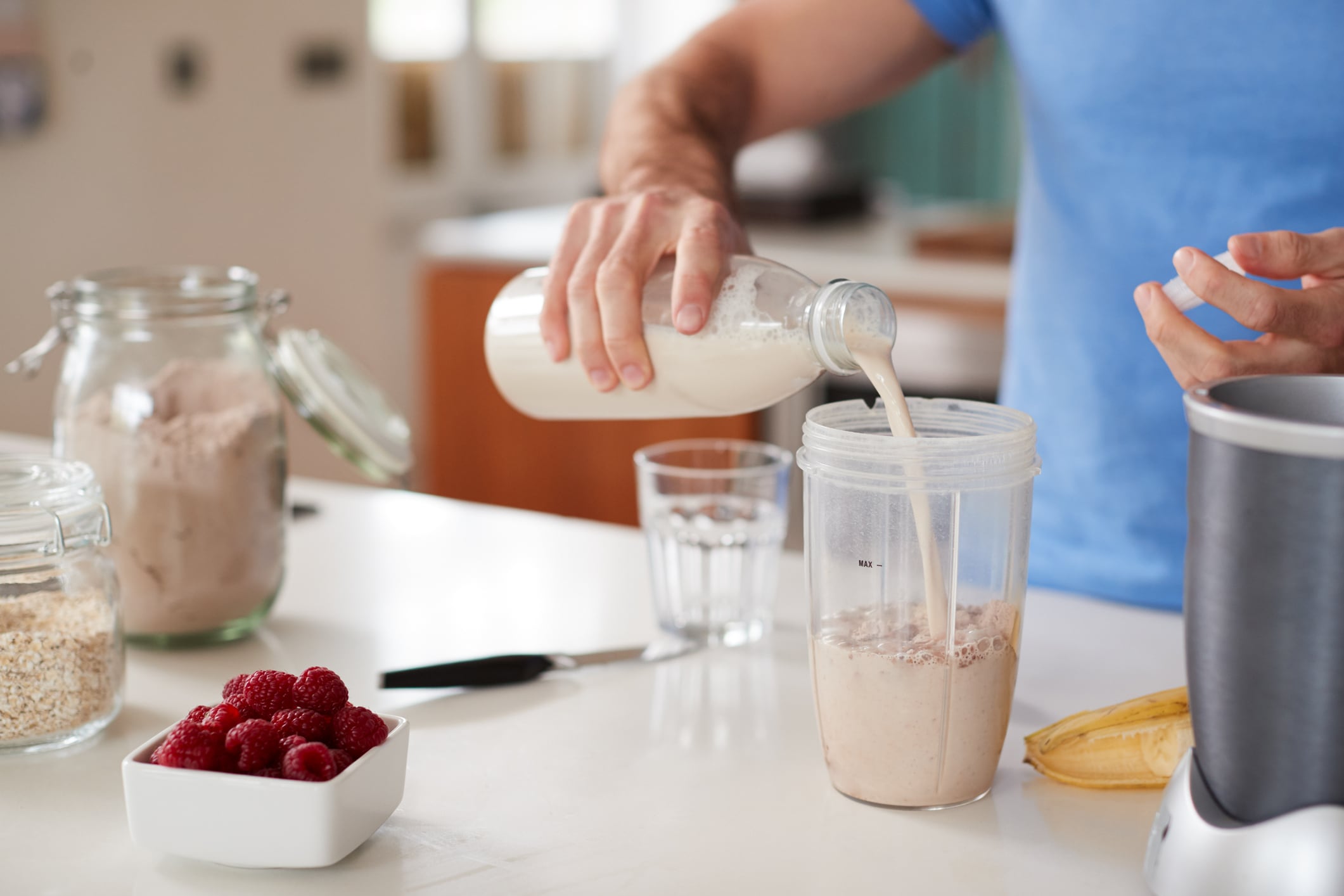The review, published in Frontiers in Physiology, aimed to elucidate the findings in animal and clinical work on the impact of ketones on post-exercise recovery, the potential mechanisms of action, and the metabolic interplay with other recovery-relevant metabolic pathways, as well as examining the strengths and limitations between endogenous and exogenous ketosis in a post-exercise recovery indication.
After analysing all relevant studies using the key phrase “ketone and exercise recovery” on PubMed, they found that although early animal studies showed that endogenous ketones (achieved by feeding animals with keto diet) may be protective against oxidative damage and improve recovery (Huang et al., 2018; Ma et al., 2018a), there were concerns that the lack of carbs in the body may hinder performance (Cox et al., 2016).
With the emergence of ketone supplements, athletes were then able to increase their blood β-hydroxybutyrate (BHB) concentrations and be in ketosis, without cutting carbs, as well as being able to stack different substrates with ketones to optimise its effects in performance and recovery.
The review concludes that ketone supplements, taken after exercise in conjunction with carbohydrate and/or protein, can enhance post-exercise recovery.
They also say ketone supplements allow stacking of multiple substrates and supplements to enhance the speed and quality of recovery period.
"In the future, in addition to proteins and carbohydrates, other supplements, such as carnitine, creatine or even sodium bicarbonate, may be added to a recovery strategy to maximize what the body needs to adapt and grow," the review states.
Carbs or protein?
The review finds that ketone monoester when taken with glucose only, may increase insulin secretion, glucose uptake, and/or glycogen synthesis while ketone monoester taken with protein (especially containing leucine) and glucose, activates mTOR targets and upregulates leucine-mediated protein synthesis.
In very specific cases, where recovery period is scarce, ketone monoester and glucose administration may provide an option to ensure that glycogen is replenished in a shorter amount of time. Otherwise, if given sufficient amount of carbohydrate (over the threshold of maximal glycogen storage over 24h) glycogen stores will replete to baseline (Ivy et al., 2002; Burke et al., 2004).
Therefore, ketone monoester with glucose and protein would be a better option in order to replenish glycogen levels (Vandoorne et al., 2017), while benefitting from the repair and recovery of protein synthesis upregulation via activation of mTOR.
Alleviating Fatigue
Studies have shown a potential benefit of ketones in recovery is to alleviate the sensation of fatigue. During exercise, levels of free tryptophan entering the brain are increased, causing an increase in 5-hydroxytryptamine (5-HT), a contributor to the sensation of fatigue (Watson et al., 2004; Hormoznejad et al., 2019).
Ketone has been said to decrease blood FFA (Cox et al., 2016). FFA competes for binding sites on albumin with tryptophan, and when levels of FFAs in the blood are decreased, free tryptophan concentration decreases as more is bound to albumin. This leaves less tryptophan to enter the brain and increase the sensation of fatigue.
Sodium bicarbonate
One reviewed study showed that sodium bicarbonate mitigates the mild acidosis caused by ketone monoester in athletes, thus unlocking the potential of acute use of ketone monoester in performance enhancement (Poffe et al., 2020a). This suggests sodium bicarbonate may help the body to achieve optimal pH faster during recovery and provide the optimal environment for enzymes and hormones to begin the processes of recovery and repair.
Future studies
The biggest limitation of this review paper is the lack of studies that examine the effect of ketones on post-exercise recovery as most of the studies have been focused on the effects of ketones on exercise performance.
The review suggests future studies look at the role of pH in recovery as well as trying to more precisely determine the threshold of blood BHB required for positive recovery.
"All three studies that used ketone monoester as part of their recovery strategy achieved between 2.5 and 5mM blood BHB following ketone monoester ingestion. Data further suggest a recovery benefit with a ketogenic diet alone, which typically yields blood BHB levels of 1–2mM. Therefore, we hypothesize the existence of a BHB recovery threshold, and we posit that this threshold is between 1–3 mM BHB.
"While the introduction of exogenous ketones in the field vastly increases the options and combinations of nutritional compositions to improve recovery, it is still too early to draw any definitive conclusion as the relevant studies are still few and far between.
"Further work is also needed to determine if other forms of exogenous ketones, such as (R,S)-1,3-butanediol acetoacetate diester, 1,3-butanediol, or BHB salts or ketone precursors like caprylic acid and other medium-chain triglycerides compositions, are able to induce similar recovery benefit by raising BHB levels across the hypothesized threshold.
"Determining the existence and value of this hypothesized 'ketone recovery threshold' will enable practitioners to deliver exogenous ketones more precisely in conjunction with optimal ratios of both carbohydrate and protein and their constituent sub-types."
Source: Frontiers in Physiology
Mansor. L. S., and Woo, G. H.,
Ketones for Post-exercise Recovery: Potential Applications and Mechanisms


